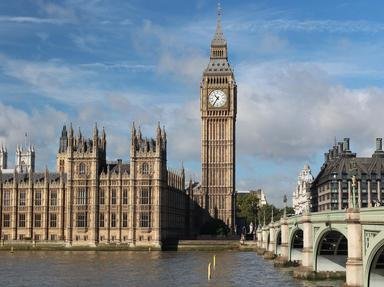Quiz Answer Key and Fun Facts
1. What did Margaret Thatcher study at Oxford University?
2. For which constituency did Margaret Thatcher become the MP for in 1959?
3. Margaret Thatcher only held one cabinet post, in Ted Heath's 1970-1974 government, prior to her becoming Prime Minister. Which post did she hold?
4. Who was Thatcher's campaign manager when she stood for the Conservative party leadership in 1975, becoming the first female leader of the Party?
5. In 1981, rioting broke out across the United Kingdom; one of the worst affected areas was Brixton. What was the name of the report into the Brixton riots, which highlighted deprivation and racial tension in Britain's inner-cities?
6. What is the name of the Argentinian ship which was sunk on Thatcher's orders during the Falklands War in 1982, despite allegedly sailing away from the exclusion zone at the time?
7. Michael Heseltine, who eventually stood against Margaret Thatcher for the leadership of the Conservative Party, resigned from the Cabinet in 1986. Over which issue did he resign?
8. What was the actual name of the so-called 'poll tax' that the Thatcher government introduced in 1989/1990, which increased the government's unpopularity to new levels?
9. Which politician's speech in the House of Commons on 13th November 1990 was seen as the beginning of the end for Margaret Thatcher, criticising her for her leadership style which was likened to a cricket team captain breaking their own team's bats?
10. After Thatcher resigned on 22nd November 1990, she immediately left the House of Commons and took up her seat in the House of Lords.
Source: Author
dersinghampaul
This quiz was reviewed by FunTrivia editor
stedman before going online.
Any errors found in FunTrivia content are routinely corrected through our feedback system.

